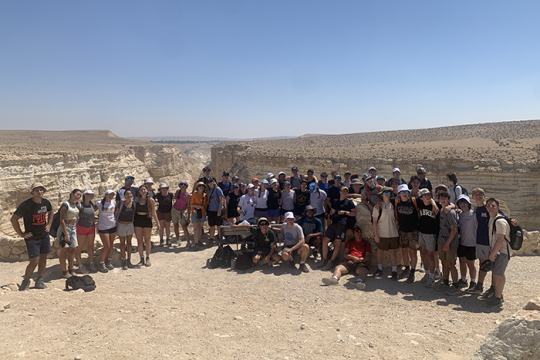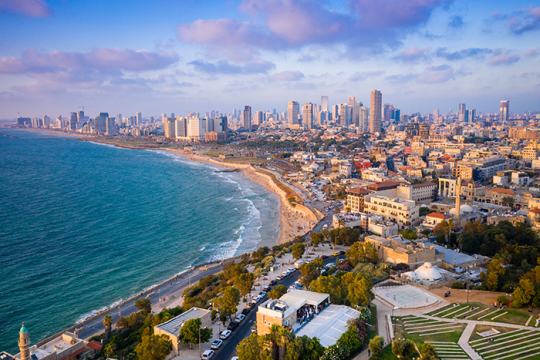by Marc Rosenstein
(Originally published in Ten Minutes of Torah and Galilee Diary)
Judges and officers [shotrim, the word used in modern Hebrew for police] shall you set up in the gates that the Lord your God shall give you for your tribes, and they shall judge the people justly.
-Deuteronomy 16:18
The other day I was driving through Karmiel when my cell phone rang. I answered it and navigated off the road to a bus stop bay where I could stop out of the flow of traffic. I ended the call quickly and continued my journey, when I noticed a police flasher in my mirror. Sure enough, the cop had seen me talking on my phone while driving. He asked me if I had anything to say for myself, and I protested feebly that I had pulled off as soon as I answered the phone, but he was not impressed; after all, I had been driving and talking, even if it was just for a few seconds. The law is the law - and the cost of violating it was 1,000 shekels (about $250). I really do think that the law makes sense (it has been on the books, and enforced, since cell phones first became popular), and rarely speak on the phone while driving - generally only long enough to tell the caller that I can't talk now since I'm driving. And while there was the temptation to say something nasty (and unhelpful) like "Why are you spending your time nailing minor offenders in town when you could be preventing fatal accidents by lying in wait for speeders and illegal passers who abound on the rural highway just a mile away?" I resisted that temptation and accepted my fate, if somewhat sullenly, and really have resolved simply to ignore my phone if it rings while I'm driving.
I wonder if our centuries of ambivalent experience of the police as an arm of non-Jewish society have made it difficult for us to accord the Jewish police force the status and the respect it deserves as an essential factor in making our lives livable in the Jewish state.
Related Posts

Lessons from an Israel Trip

Dear Israel: A Story of Love and Longing
